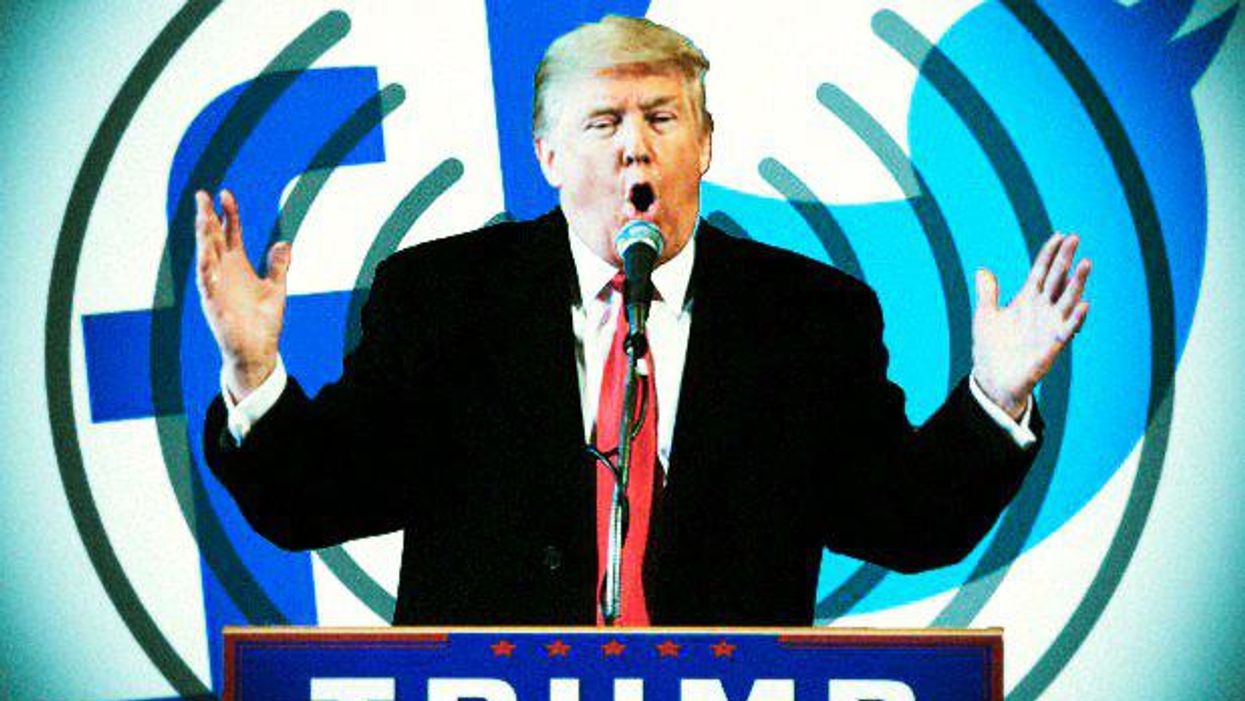McConnell Kills $2000 Checks — And Overrides Trump On Defense Bill
Reprinted with permission from DailyKos
Moscow Mitch McConnell once again refused to allow $2,000 survival checks to struggling families in a rare New Year's Day session of the Senate. To be precise, he had his minions Sen. John Thune (R-SD) and Sen. John Cornyn (R-TX) do the dirty work this time, first blocking Sen. Chuck Schumer's effort to bring up the House bill, then Sen. Bernie Sanders' request to bring both the House bill and the ridiculous McConnell poison bill addressing Trump conspiracy theories. Trump's bluster over the $2,000 survival checks clearly didn't extend to actually doing anything to make it happen, so he lost.
He also lost when the Senate forged ahead to override his veto of the National Defense Authorization Act. A note on this: Sanders had said he would not allow the Senate to move forward on this vote without also voting on survival checks. That was Sanders doing his level best, with the support of Democratic leadership, to pressure Republicans into bucking McConnell. Republicans clearly weren't going to do that, and the defense bill has too much heft for even the whole of the Democratic conference to reject. Sanders had to have known that the most that was going to come out of this was shining a bright light for the whole nation—but particularly Georgia—to see that Mitch McConnell is why they are suffering. That's worked to a large extent.
So, back to procedure, McConnell got the vote, 80-12 to invoke cloture to move to the veto override, and then did just that, apparently because Senate Democrats agreed to not force the Senate to wait 30 hours under cloture for the bill to "ripen," and all hang around until Sunday to take the final vote. They overrode Trump's veto, 81-13. Happy New Year, asshole.
The $2,000 survival checks are dead, killed by McConnell. The only way they are revived is with the election of Jon Ossoff and Raphael Warnock in Georgia on Tuesday and a new Democratic majority in the Senate. Until then, here's Sanders' argument to Republicans on how hypocritical it is for them to oppose helping Americans.











